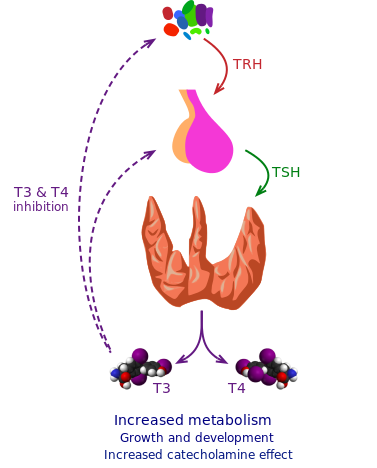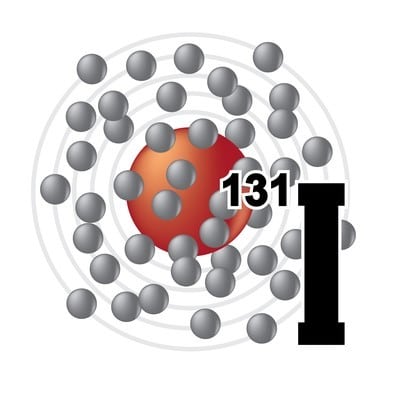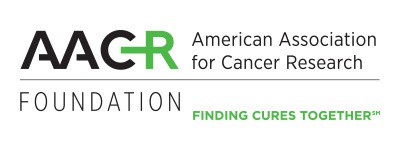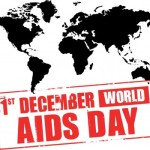American Idol Alum, Jax, Diagnosed with Thyroid Cancer

Season 14 American Idol alum, Jax, took to Instagram to tell her fans that she was has been diagnosed with thyroid cancer. Born Jackie Cole, the 20-year-old, knew something was amiss when the usually energetic singer began to experience severe exhaustion and would keep losing her voice. In April 2016, she noticed a lump in her neck and had it evaluated. An ultrasound and other tests lead to a diagnosis of Hashimoto’s Disease. There were 18 tumors found in her thyroid, and although cancer was unlikely in someone her age, her doctor insisted that she have the tumors biopsied.
As she told My Central Jersey:
“It turned out that 12 out of the 18 tumors tested positive for cancer. After they took out my Thyroid, I have been undergoing radiation treatment in New York. I’m basically a radioactive spider.”
Jax had her thyroid removed along with a few lymph nodes and is undergoing radiation at Cornell University Medical Center. “It took a lot for my family to toughen up and go through this with me,” she said. “It was very unexpected. When you’re 20 years old, you have this ‘Superman’ entitlement mentality. Like you’re indestructible. And sometimes all it takes is God telling you it’s time to take a break for you to understand that you are most certainly not.”
Despite her diagnosis, Jax still plans to participate in the 2016 NYC Marathon on November 6th. She is doing it to fund raise for the nonprofit organization Tuesday’s Children, an organization founded in the aftermath of 9-11. The group is a response and recovery organization that supports youth, families and communities impacted by terrorism and traumatic loss. Jax’s father was a first responder during the attacks.
Thyroid Basics
 The thyroid is a gland at the base of the throat near the trachea (windpipe). It is shaped like a butterfly, with a right lobe and a left lobe. The isthmus, a thin piece of tissue, connects the two lobes. A healthy thyroid is a little larger than a quarter. It usually cannot be felt through the skin.
The thyroid is a gland at the base of the throat near the trachea (windpipe). It is shaped like a butterfly, with a right lobe and a left lobe. The isthmus, a thin piece of tissue, connects the two lobes. A healthy thyroid is a little larger than a quarter. It usually cannot be felt through the skin.
The thyroid uses iodine, a mineral found in some foods and in iodized salt, to help make two thyroid hormones, triiodothyronine (T3) and thyroxine (T4). T3 is made from T4 and is the more active hormone, directly affecting the tissues
Thyroid hormones do the following:
- Control heart rate, body temperature, and how quickly food is changed into energy (metabolism).
- Control the amount of calcium in the blood.
What is Radioactive Iodine Therapy?
Radiation therapy is a cancer treatment that uses high-energy x-rays or other types of radiation to kill cancer cells or keep them from growing. There are two types of radiation therapy. External radiation therapy uses a machine outside the body to send radiation toward the cancer. Internal radiation therapy uses a radioactive substance sealed in needles, seeds, wires, or catheters that are placed directly into or near the cancer. The way the radiation therapy is given depends on the type and stage of the cancer being treated.
Radiation therapy may be given after surgery to kill any thyroid cancer cells that were not removed. Follicular and papillary thyroid cancers are sometimes treated with radioactive iodine (RAI) therapy.
The thyroid gland absorbs nearly all of the iodine in your body. It uses this iodine to make thyroid hormone.
 Radioactive iodine (I-131) is a radioactive form of iodine that is used in medical diagnostic and treatment procedures. It has a radioactive decay half-life of about eight days.
Radioactive iodine (I-131) is a radioactive form of iodine that is used in medical diagnostic and treatment procedures. It has a radioactive decay half-life of about eight days.
RAI is taken by mouth in a capsular form. It collects and concentrates in any remaining thyroid tissue, including thyroid cancer cells that have spread to other places in the body. Since only thyroid tissue takes up iodine, the RAI destroys thyroid tissue and thyroid cancer cells without harming other tissues. Before a full treatment dose of RAI is given, a small test-dose is given to see if the tumor takes up the iodine.
How is RAI given?
Many people get I-131 therapy in a clinic or in the outpatient area of a hospital and can go home afterward. Other people have to stay in the hospital for one day or longer.
Most radiation from I-131 is gone in about one week. Within three weeks, only traces of radiation remain in the body.
During treatment, you can help protect your bladder and other healthy tissues by drinking a lot of fluids. Drinking fluids helps I-131 pass out of the body faster.
Some people have mild nausea the first day of I-131 therapy. A few people have swelling and pain in the neck where thyroid cells remain. If thyroid cancer cells have spread outside the neck, those areas may be painful too.
You may have a dry mouth or lose your sense of taste or smell for a short time after I-131 therapy. Gum or hard candy may help.
A rare side effect in men who receive a high dose of I-131 is loss of fertility. In women, I-131 may not cause loss of fertility, but some doctors advise women to avoid getting pregnant for one year after a high dose of I-131.
Researchers have reported that a very small number of patients may develop a second cancer years after treatment with a high dose of I-131.
Because a high dose of I-131 also kills normal thyroid cells, you’ll need to take thyroid hormone pills after this treatment to replace the natural hormone.
What precautions can I take to protect my family?
Not only are patients radioactive for several days after treatment, the objects they touch may become radioactive. Although patients excrete the bulk of their radiation in three days, traces may linger in the body for as long as two weeks.
To reduce the risk of secondhand I-131 contamination, the National Council for Radiation Protection and Measurement recently released more than 200 pages of guidelines for treating patients with radioactive therapies. They advise I-131 patients to:
- Avoid holding children for more than 10 minutes a day for 21 days after treatment.
- Sleep alone for a full week after treatment or 24 days if your bedmate is pregnant.
- Try to stay as far from other people as possible “to the extent that’s reasonable.”
For more information about radiotherapy for thyroid cancer treatment, visit the AACR Foundation page on the topic.



























1 Comment